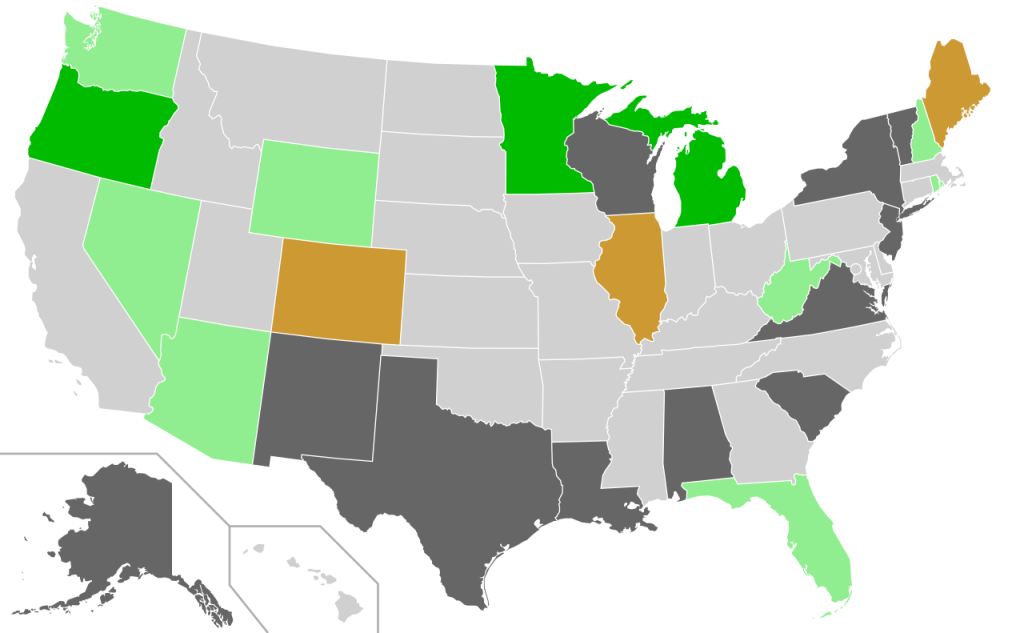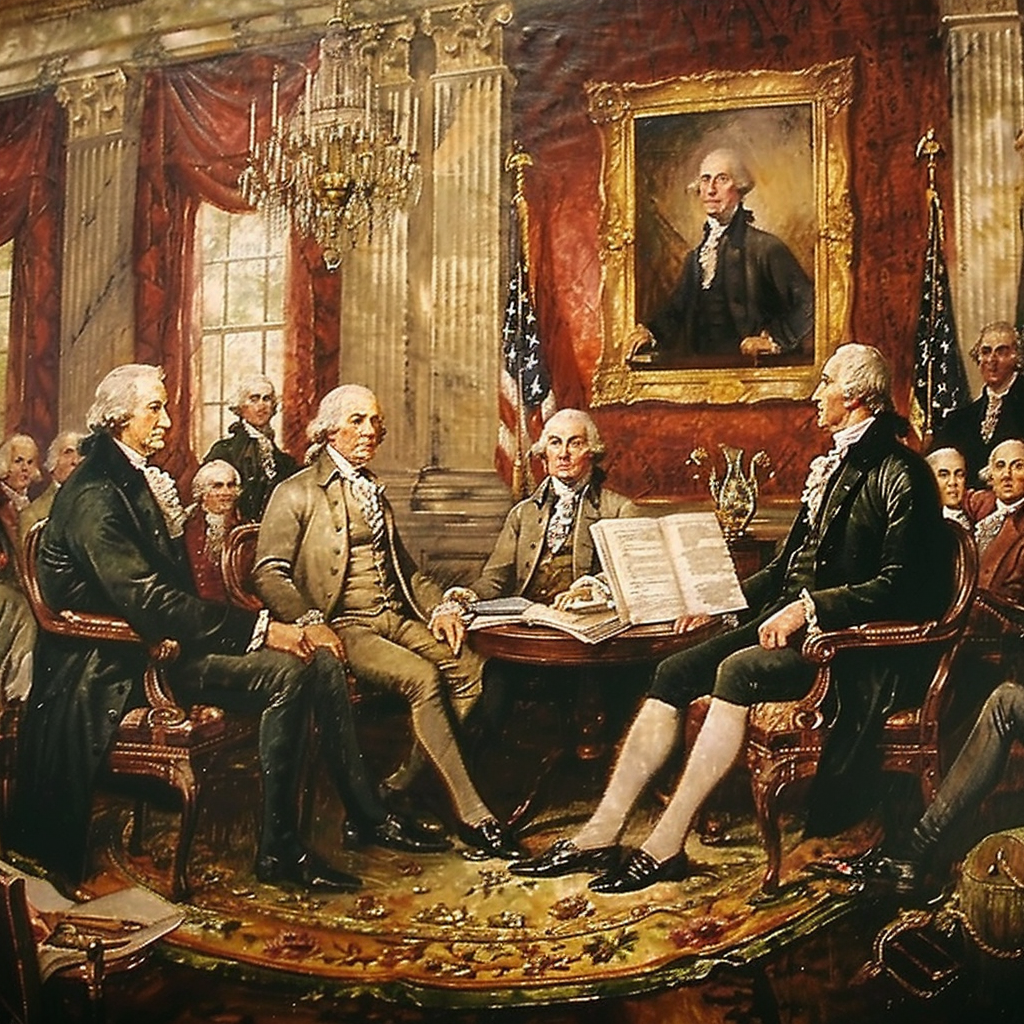In a bold and controversial move, the Republican Party is poised to gamble on a felon as their candidate for the presidency. The recent felony conviction of a former president has thrown the political landscape into disarray, prompting debate about the party’s decision to align with a figure tainted by legal troubles.

Despite the candidate’s criminal record, legal scholars assert that Trump remains eligible to run for president under the Constitution’s minimal requirements. While the law may permit his candidacy, the Republican Party’s decision to back a candidate with a felony conviction carries significant risks and implications.

The Constitution outlines specific criteria for presidential candidates, including age, citizenship, and residency, but it remains silent on the issue of criminal convictions. Backing Trump is going to be a gamble with very high stakes, not only for the Republican party but for Trump himself.

This legal ambiguity has emboldened the GOP to stand behind the candidate, despite their tarnished reputation and legal troubles. Some states have attempted to remove Trump from the ballot using the 14th amendment, only 3 have succeeded.

Scholars emphasize the Constitution’s exhaustive criteria, which do not explicitly address criminal convictions as a disqualifying factor. This leaves the door open for individuals like the candidate to seek the highest office in the land, regardless of their legal history.

However, the Republican Party’s decision to embrace a felon as their candidate raises ethical and practical concerns that cannot be ignored. It will likely send shockwaves through the political landscape. By aligning with a candidate marred by criminal convictions, the party risks damaging its reputation and credibility among voters. Trump’s legal troubles could overshadow their policy agenda and undermine their ability to govern effectively if elected.

As the Republican Party doubles down on its support for the candidate, it faces mounting pressure to justify its decision to back a felon for president. Critics argue that by embracing a candidate with a criminal record, the GOP is prioritizing partisan loyalty over the principles of accountability and integrity.

The Republican Party’s gamble on a felon as their presidential nominee underscores the deep divisions within American politics. With the 2024 election looming, the party’s decision to embrace a felon as its candidate signals a willingness to prioritize power and political expediency over ethical considerations. Trump has used the conviction to help him raise substantial campaign money for the fight ahead.

As the campaign unfolds, the Republican Party’s choice to back a candidate with a criminal record will undoubtedly be a point of contention and scrutiny.

Whether the gamble pays off remains to be seen, but its implications for the integrity of the political process and the future of American democracy are profound. Trump may need to win to stay out of jail, something no other presidential candidate has faced.





